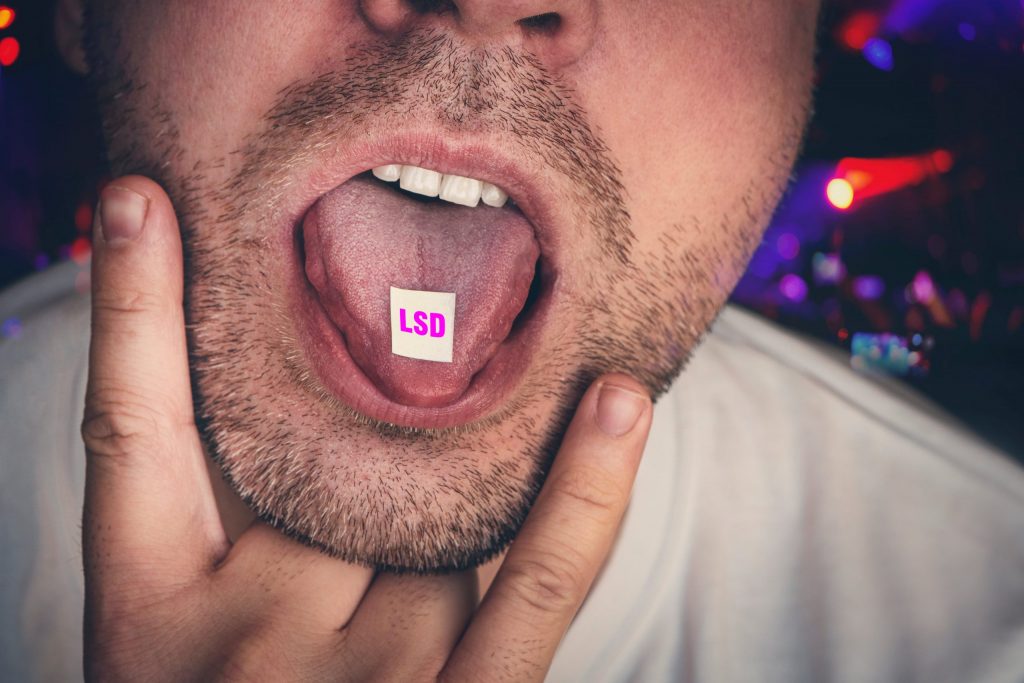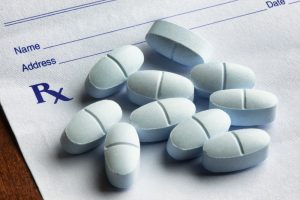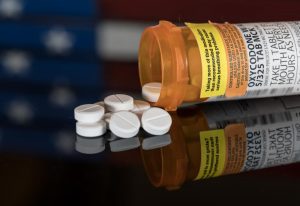LSD addiction can be a challenging and complex issue to overcome. While seeking professional help through LSD rehab is often the most effective way to recover, some individuals may wonder if it’s possible to overcome LSD addiction without attending rehab. While there is no one-size-fits-all answer to this question, it’s essential to understand the potential risks and benefits of both approaches.
Understanding LSD Addiction
Before we delve into the question of whether it’s possible to recover from LSD addiction without rehab, it’s important to understand what LSD addiction is and how it can affect a person’s life. LSD is a synthetic drug that can alter a person’s perception, thinking, and emotions. It works by stimulating the production of serotonin, a neurotransmitter that regulates mood and other functions in the brain.
LSD is not physically addictive, meaning it does not produce the physical withdrawal symptoms commonly associated with drugs like opioids or alcohol. However, it can be psychologically addictive, meaning that people who use it may develop a strong desire or compulsion to keep using it, even if it causes negative consequences .LSD addiction is a complex condition involving physical and psychological dependence on the drug.
The physical effects of LSD use can include increased heart rate, blood pressure, body temperature, tremors, muscle weakness, and seizures. However, the psychological effects of LSD use can be even more profound, causing hallucinations, altered perceptions of reality, and distorted thinking.
The psychological effects of LSD use are especially important when considering recovery from LSD addiction. LSD addiction can lead to various mental health problems, including anxiety, depression, and even psychosis. These conditions can make it challenging to quit using LSD without professional help.
Some signs of LSD addiction may include:
- Preoccupation with using LSD or thinking about it
- Using LSD even when it causes negative consequences, such as job loss or relationship problems
- Difficulty controlling or stopping LSD use
- Spending a significant amount of time and money on acquiring and using LSD
- Hiding LSD use from others or lying about it
- Experiencing negative physical or psychological effects from LSD use, such as anxiety, depression, or flashbacks
- Continuing to use LSD despite wanting to quit or being advised by a doctor or loved one.
Can You Recover from LSD Addiction Without Rehab?
Now that we have a better understanding of what LSD addiction is, let’s explore whether it’s possible to recover from LSD addiction without attending LSD rehab. The short answer is that it may be possible, but it depends on a variety of factors.
Some potential benefits of trying to recover from LSD addiction without rehab may include the following:
- Flexibility: If you are unable or unwilling to attend LSD rehab due to financial, logistical, or personal reasons, trying to recover on your own may be more flexible and accessible.
- Privacy: Attending rehab can be a deeply personal and sometimes stigmatizing experience, and some people may prefer to keep their addiction and recovery journey private.
- Personal control: Attempting to recover from LSD addiction on your own may give you a greater sense of personal control over your recovery journey, as you can design your own treatment plan and timeline.
However, there are also several potential drawbacks to trying to recover from LSD addiction without rehab:
- Lack of professional support: LSD addiction can be challenging to overcome, and attempting to do so without professional support may make the process more difficult and less effective. Professional treatment can provide a range of resources, from individual counseling to group therapy to medication-assisted treatment, to help people overcome their addiction.
- High risk of relapse: Relapse is a common risk for people with any addiction, and attempting to recover from LSD addiction without professional support may increase the risk of relapse. Relapse can be dangerous or even life-threatening, especially if someone uses LSD again after a period of abstinence, as their tolerance may have decreased.
- Limited access to resources: While many self-help resources are available for people with addiction, such as support groups or online forums, they may not be sufficient to fully address the complex nature of LSD addiction. Professional rehab can offer a range of resources, from medical detox to holistic therapies to aftercare planning, to support a person’s recovery journey.
Self-Help Strategies for Recovery Without LSD Rehab
It’s important to note that recovering from LSD addiction without professional help can be challenging, and not everyone will be able to do so successfully. LSD addiction is a severe condition that can have long-lasting effects on physical and mental health. Seeking professional help is often the best way to ensure a successful recovery and reduce the risk of relapse.
For individuals who are unable or unwilling to attend LSD rehab, self-help strategies, alternative therapies, and lifestyle changes can all be effective in promoting recovery from LSD addiction.
- One self-help strategy that can be effective in recovering from LSD addiction is developing a strong support network. This can involve reaching out to friends and family for support, attending support groups, or finding an accountability partner. Having people around who understand and support the recovery process can provide motivation, accountability, and a sense of belonging that can be essential for successful recovery.
- Another self-help strategy that can be effective in recovering from LSD addiction is practicing mindfulness and meditation. These practices can help individuals become more aware of their thoughts, emotions, and physical sensations, which can be useful for managing cravings and reducing anxiety and stress levels. Mindfulness and meditation can also promote self-acceptance and emotional resilience, which can be crucial for overcoming addiction.
- Alternative therapies can also be effective in recovering from LSD addiction. For example, cognitive-behavioral therapy (CBT) is a form of therapy that helps individuals identify and change negative thought patterns and behaviors. This type of therapy can effectively treat a range of mental health conditions, including addiction.
- Another alternative therapy that can be effective in recovering from LSD addiction is eye movement desensitization and reprocessing (EMDR). This type of therapy involves guided eye movements or other forms of bilateral stimulation that can help individuals process traumatic memories or experiences that may be contributing to their addiction.
- In addition to self-help strategies and alternative therapies, there are several lifestyle changes that individuals can make to support their recovery from LSD addiction. For example, engaging in regular exercise, getting enough sleep, and eating a healthy diet can promote physical and emotional well-being, making it easier to resist cravings and maintain sobriety.
These approaches may not be suitable for everyone and may take longer to produce results than professional treatment. However, with the right support, motivation, and determination, it is possible to recover from LSD addiction without attending rehab. It’s important to remember that LSD addiction is a severe condition that can have long-lasting effects on physical and mental health. Seeking professional assistance can help individuals overcome addiction and maintain long-term sobriety.





